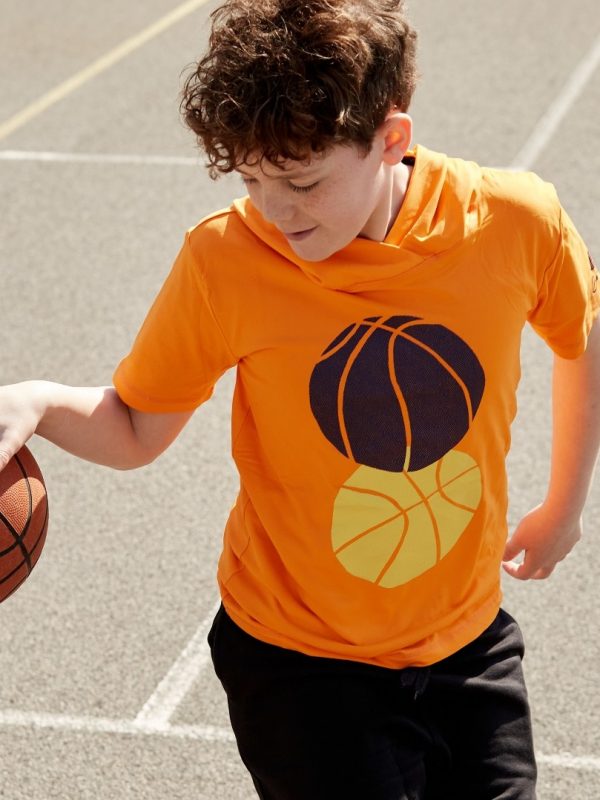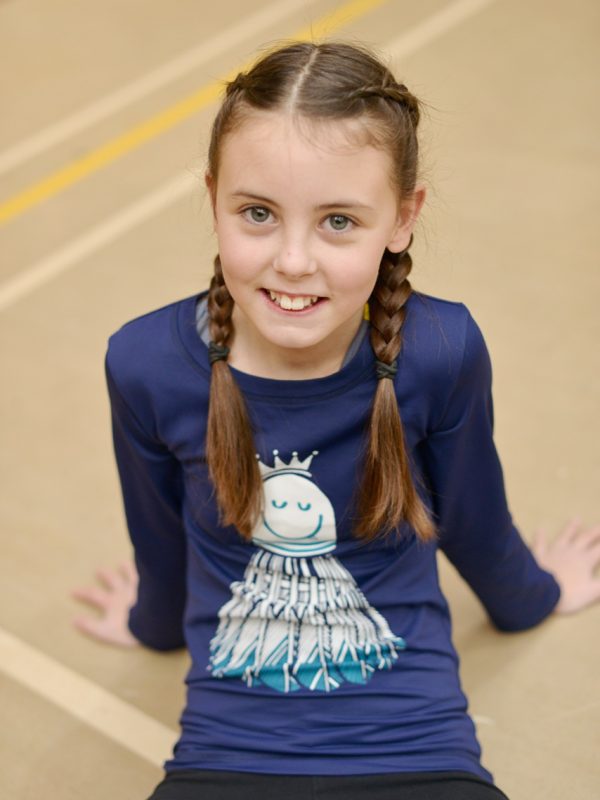Making a racket


“I tried lots of sports when I was younger - tennis, gymnastics, karate, football - but badminton was the one that stuck.”
At just 28 years old, Kirsty Gilmour has already made a pretty monumental mark on the international badminton stage.
Outside of her competitions, Kirsty is a wonderful role model for all young people who are interested in giving badminton a go. She works hard to encourage enthusiastic youngsters to join local clubs, and through her Social Enterprise (BASE), she helps to make sure that can happen.
This brilliant initiative works to prevent financial situations, gender, race, sexuality or any other factors from limiting the ambition of young players. So, we were incredibly excited to get the chance to chat to Kirsty about her sporting journey.
How did you first get into badminton?
“I started when I was around 4. My dad was the National Junior coach, my uncle was an international player and my mum won a national schools title.
“I tried lots of sports when I was younger – tennis, gymnastics, karate, football – but badminton was the one that stuck.
When did you first realise how good you are at badminton?
“I think just from going to clubs and always being put into the better group, or moved up to play with the older kids. Then, by playing small tournaments and working my way up into national squads.
“It was just a quite natural progression through the levels. Then, I set my sights on going to the Glasgow School of Sport.”
What is your weekly practice routine?
“Right now, we are still split into smaller groups because of COVID. So my schedule is 2x on court Monday and Friday, 1x on court Tuesday, Wednesday and Thursday, with two weights sessions and 2-3 bike sessions per week.”
-
 Quick ViewAdd to Shopping Bag
Quick ViewAdd to Shopping Bag -
 Quick ViewAdd to Shopping Bag
Quick ViewAdd to Shopping Bag -
 Quick ViewAdd to Shopping Bag
Quick ViewAdd to Shopping Bag
When did you first find out that you would be going to Tokyo?
“I had set a good standard within the qualification period, so I was fairly certain that I would be representing Team GB. But I officially found out on the final day of qualification and then you receive a nice embossed letter to make it super official.”
“It was my second Olympic Games and I also have Commonwealth and European Games experience of that "village life" and I quite enjoy it."
How did it feel to be at the Olympics, what was it like there?
“It was really well organised, all things considered. I had a great time.
“Saying that, it is a pretty intense environment and we had a long commute to our competition venue. But I enjoyed every minute of it.
“It was my second Olympic Games and I also have Commonwealth and European Games experience of that “village life” and I quite enjoy it. You don’t have to think about cooking, cleaning, laundry etc like you would at home. It’s all just performance focused and I like that!”
What’s your favourite thing about badminton?
“I like the variety of it. You can never say that you’ve completed it, because there’s always another area you can improve – footwork, shot quality, fitness, speed, consistency etc.
“So there’s always something new to work on. Your brain and your body are kept pretty busy!
What would you say to a young person who wanted to try badminton, what advice would you give?
“Do it. There’s loads of local clubs that cater for every level!
“I’ve personally just set up a Social Enterprise (BASE) that aims to provide a professional but fun and friendly environment for anyone looking to play regardless of financial situation, gender, race, sexuality or any other factor.
“The badminton community is incredibly friendly and like I said, you’ll never be bored!”

